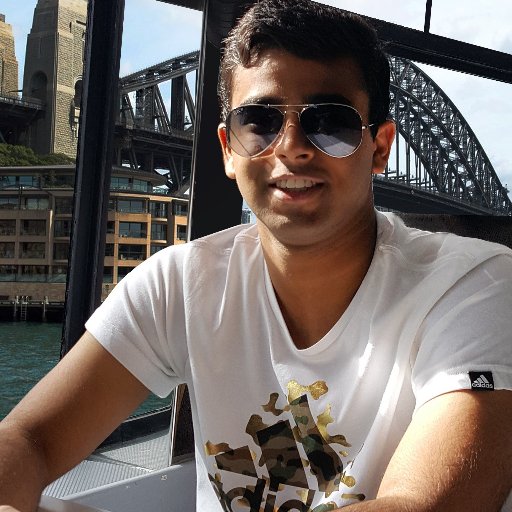Continuing on from the previous post, this post talks about how PBL is integrated into the first 2-3 years of Medicine at Bond University. Quickly recapping, a hybrid PBL approach refers to small group learning in PBL, accompanied by lectures, laboratories and other clinical skill sessions. Bond's medical program falls under three themes;
- Doctor as Scientist and Scholar (SS)
- Doctor as Practitioner (PCT)
- Doctor as Health Advocate and Professional (HAP)
The PBL approach in the first two years of the program has been designed to ensure that learners will have the necessary knowledge and skills for Year 3, a year which, by means of simulation and virtual patients, will prepare students for clinical rotations in Years 4 and 5.
Year 1
Theme: Health and Well-Being across the Generations
Year 1 commences with the molecular and cellular foundations of life and then guides learning through the first cycle of the body systems. This cycle focuses on introducing the structure and function of discrete organs. The psychological basis of normal human behaviour and the sociological basis of the behaviours of populations are introduced. The foundations of an effective practitioner are explored through an introduction to conducting effective observations of people both healthy and “ill”.
This involves the beginning of the development of the understanding of and the skills involved in effective interpersonal communication, group work and collaborative learning. Collectively, integrated learning opportunities seed awareness of the roles of the doctor and health care system, the impact of illness on the patient, their family and society and the ethical basis of patient-centred health care.
Year 1 is described as guided hybrid PBL. PBL facilitators are responsible for assisting students to begin developing the skills we and many others believe are key for professional practice, e.g. critical thinking, communication, team work, reflection. PBL groups will meet three times a week, with the middle “core skills” session being designed specifically to engage students in developing these key skills. Where possible, this will be in the context of the PBL “problem”. PBL sessions will be supplemented with activities such as practicals, large group resource sessions (LGRSs) and health care visits, during which students will generally be active participants, either by preparing for the session (e.g. pre-readings, listening to a podcast) and/or by completing worksheets during the sessions.
Year 2
Theme: Challenges to Health
Year 2 is framed around a second cycle through the body systems continuing the emphasis on the relationships between structure and function building complexity into an integrative systems focus. Mechanisms of disease and infectious organisms are introduced and the normal compensatory mechanisms for restoring normal function are explored. Knowledge of psychosocial frameworks is deepened and broadened to explore to the varied responses of individuals, groups, populations and cultures to disease as well as the exploration of psychosocial factors that contribute to disease and impact on patient healthcare, highlighting the complexities of health inequities.
The foundation knowledge and skills of a competent practitioner continue with a focus on history-taking and physical examination of discrete systems. The ethical complexities of healthcare are further explored, inclusive of the legal framework for provision of healthcare. Placements in health care settings provide the context for introducing healthcare systems.
The skills students develop during Semesters 1 and 2 should allow them to engage in a more authentic PBL process. Some of the roles in the group may no longer be necessary. While the facilitator will remain as a guide, the group, by now familiar with the PBL process, should be self-sufficient. There will be two PBL sessions each week. Again, because this is a hybrid PBL program, the learning in PBL will be supplemented with other activities.
Year 3
Theme: Clinical Rotations
The year is structured around the core rotations of Child Health, Medicine, Mental Health, Surgery and Women’s Health, with a focus in specific areas of Clinical Pharmacology, Endocrinology, Imaging, Immunology, Neurology, Oncology and Pathology. Year 3 focuses on the use of evidence in the practice of medicine. Acquisition of clinical reasoning skills will be based on the appropriate prioritisation of diagnostic possibilities, after the synthesis of complete examinations and the application of knowledge of normal structure and function and disease processes.
Year 3 - Bond Virtual Hospital (BVH)
Learning will occur in a rich clinical environment, deepening the experiential base of the impacts of psychosocial and cultural constructs on illness and health care and will provide the context to further explore community and population health. Professional development continues guiding development of competencies to effectively manage complex and stressful situations involving both individuals and groups. This year completes preparation for full immersion in the clinical learning environment in the Years 4 and 5.
The next post will highlight some of the student roles in PBL!
